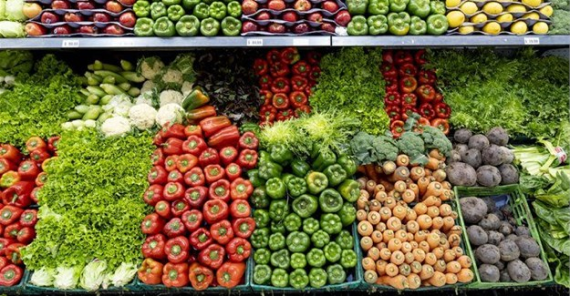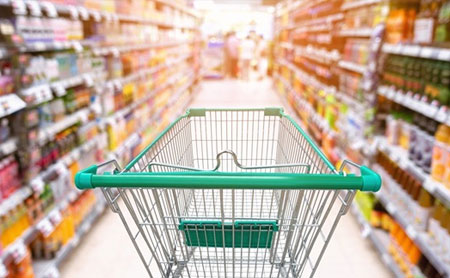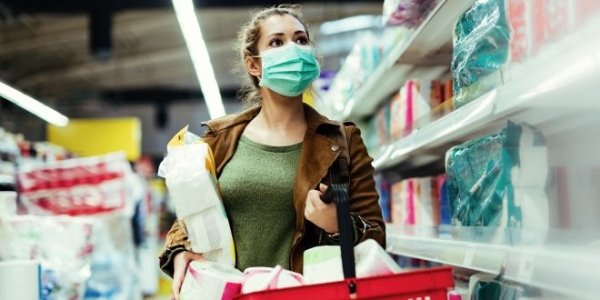Food safety is a major concern during the Covid-19 outbreak, and consumers, retailers and producers are all understandably worried about keeping their production lines and outlets uncontaminated and virus free.
“High standards of hygiene are required in the food chain from production to when it arrives on retail shelves, to protect the end consumer and the people working all along the supply chain.
"To protect the entire supply chain, high standards of hygiene are required right from the production process up until when it arrives on retail shelves,” says Emma Corder, managing director of industrial cleaning equipment company Industroclean.
Food safety processes
Fortunately South Africa’s food production safety standards have already progressed to a point that most of the steps required to safeguard consumer safety are already in place.
In the meat production sector, producers have to follow Regulation 692 which was put in place after the listeriosis outbreak in 2017. As we have learnt, listeriosis is a far more persistent food-borne contaminant, and therefore these measures are more than sufficient to ensure that Covid-19 is not transmitted through meat handling.
This regulation requires companies to:
- Implement a cleaning schedule for the food preparation space, detailing who cleans where, how they clean and with what they clean.
- Use colour coding to separate different areas – for instance production and front of house – and the colour of the cleaning materials must match the area it can be used in.
- Use only SANS-approved cleaning chemicals.
- Ensure that two cleaning steps are followed: degrease to remove any protein build-up and then disinfect to remove bacteria (or viruses) at a microscopic level.
During the Covid-19 pandemic, the South African government has added the additional requirement that staff wear masks while working with foodstuffs, and that hand sanitisers with alcohol content of at least 70% must be used.
“Essentially, in this area of food production, workers should continue cleaning and disinfecting in the same way, with the additional step of applying hand sanitiser and then making sure that critical points have been well cleaned on a daily basis with a disinfectant cleaner suitable for food processing environments,” says Corder.
The World Health Organization (WHO) recommends that vegetables and fruit that are eaten raw should be thoroughly cleaned with clean water before consumption.
Fruit and vegetable producers are compliant at least with Global G.A.P. (Good Agricultural Practices), a standard for demonstrating on-farm food safety and sustainability. Complying with these control points and compliance criteria means that producers can sell their products both globally and locally.
High-end retailers like Woolworths locally and Marks & Spencer in the UK have a further requirement called the British Retail Consumer (BRC) standard, which is far more exacting, requiring food producers to complete, for instance, a daily audit of their factory windowpanes, to ensure that there is no possibility of glass contaminating the products.
Public collaboration important
Retailers are adopting the highest health and safety standards to prevent the spread of Covid-19 once produce reaches their shelves but Corder says the public has a role to play as well.
“For retailers, one area of concern is shopping trolleys and baskets, as they are an obvious source of contamination due to them being used by high volumes of shoppers in one day. I would recommend using hot water high-pressure washers together with a detergent for the efficient cleaning of these items,” says Corder.
According to the World Health Organization, the virus can live for up to 72 hours on surfaces like plastic or stainless steel, but the viral load of these surviving particles does not seem to be significant enough to result in infection.
Corder recommends that consumers follow the regulations laid out by each store that they visit and if they have high-risk individuals in their home, they can also sanitise each food item purchased before entering the house, clean their hands and remove shoes before entering.
“Those countries that have had the greatest success in beating Covid-19 are those in which the government and the public have worked together,” says Corder. “Your best chance of staying healthy is to follow the rules and regulations laid out for you by government and committing to taking care of your own safety.”
Article Source: https://www.bizcommunity.com/Article/196/306/204406.html





